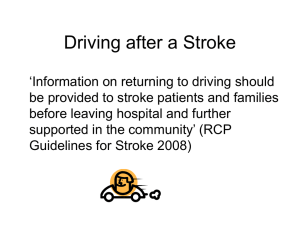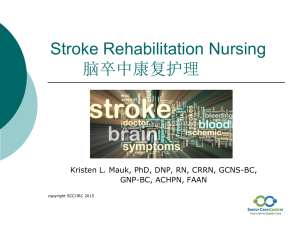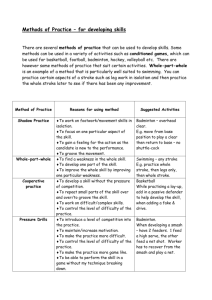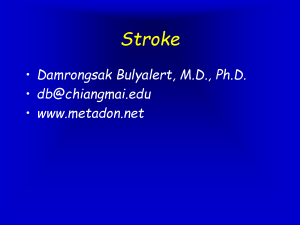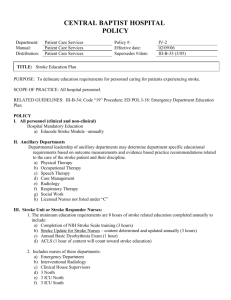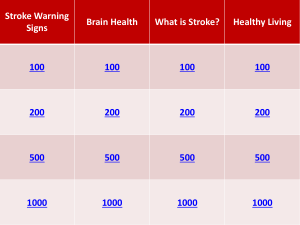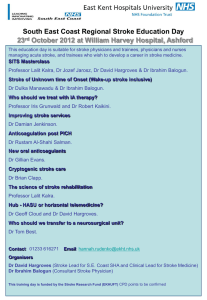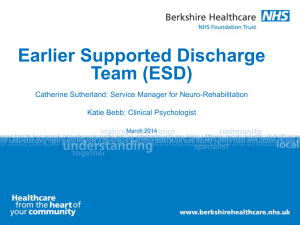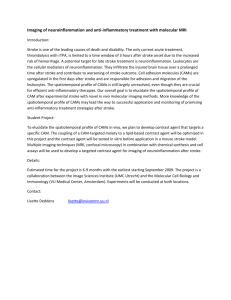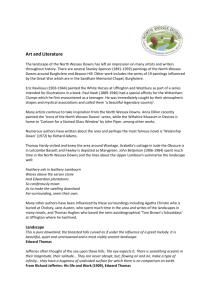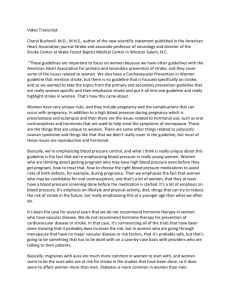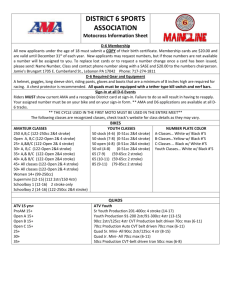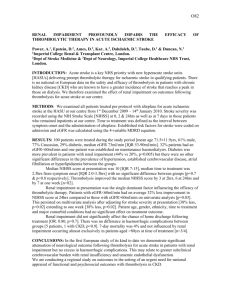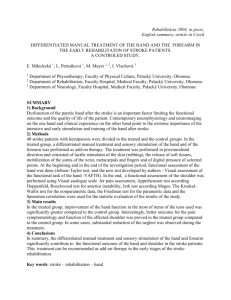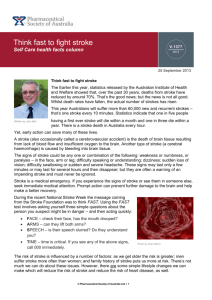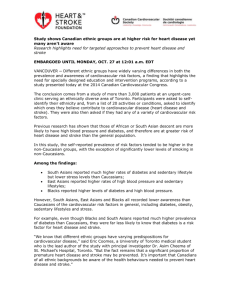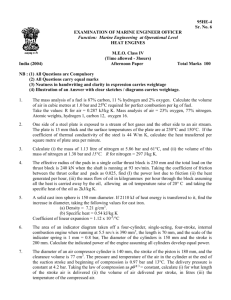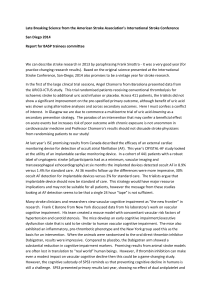Downs Syndrome and Stroke
advertisement
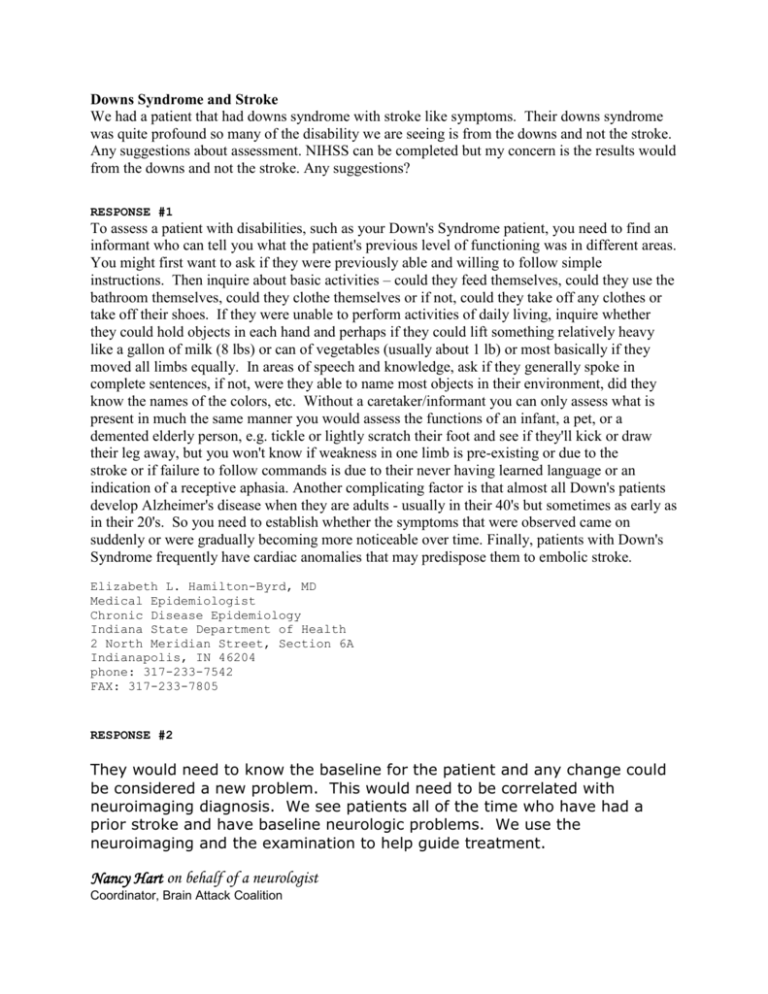
Downs Syndrome and Stroke We had a patient that had downs syndrome with stroke like symptoms. Their downs syndrome was quite profound so many of the disability we are seeing is from the downs and not the stroke. Any suggestions about assessment. NIHSS can be completed but my concern is the results would from the downs and not the stroke. Any suggestions? RESPONSE #1 To assess a patient with disabilities, such as your Down's Syndrome patient, you need to find an informant who can tell you what the patient's previous level of functioning was in different areas. You might first want to ask if they were previously able and willing to follow simple instructions. Then inquire about basic activities – could they feed themselves, could they use the bathroom themselves, could they clothe themselves or if not, could they take off any clothes or take off their shoes. If they were unable to perform activities of daily living, inquire whether they could hold objects in each hand and perhaps if they could lift something relatively heavy like a gallon of milk (8 lbs) or can of vegetables (usually about 1 lb) or most basically if they moved all limbs equally. In areas of speech and knowledge, ask if they generally spoke in complete sentences, if not, were they able to name most objects in their environment, did they know the names of the colors, etc. Without a caretaker/informant you can only assess what is present in much the same manner you would assess the functions of an infant, a pet, or a demented elderly person, e.g. tickle or lightly scratch their foot and see if they'll kick or draw their leg away, but you won't know if weakness in one limb is pre-existing or due to the stroke or if failure to follow commands is due to their never having learned language or an indication of a receptive aphasia. Another complicating factor is that almost all Down's patients develop Alzheimer's disease when they are adults - usually in their 40's but sometimes as early as in their 20's. So you need to establish whether the symptoms that were observed came on suddenly or were gradually becoming more noticeable over time. Finally, patients with Down's Syndrome frequently have cardiac anomalies that may predispose them to embolic stroke. Elizabeth L. Hamilton-Byrd, MD Medical Epidemiologist Chronic Disease Epidemiology Indiana State Department of Health 2 North Meridian Street, Section 6A Indianapolis, IN 46204 phone: 317-233-7542 FAX: 317-233-7805 RESPONSE #2 They would need to know the baseline for the patient and any change could be considered a new problem. This would need to be correlated with neuroimaging diagnosis. We see patients all of the time who have had a prior stroke and have baseline neurologic problems. We use the neuroimaging and the examination to help guide treatment. Nancy Hart on behalf of a neurologist Coordinator, Brain Attack Coalition DHHS/NIH/NINDS/Office of Communications & Public Liaison Building 31, Room 8A07 31 Center Drive MSC 2540 Bethesda, MD 20892-2540 Office: 301-496-5751 Fax: 301-402-2186 nh60i@nih.gov
